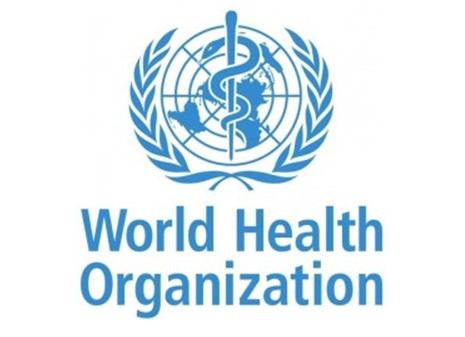
Audio By Carbonatix
The complex health crisis in the Democratic Republic of the Congo (DRC) has worsened since the beginning of 2023. In the east of the country, entire villages have been burned to the ground as intercommunal clashes and armed conflict rage, forcing people to leave their homes for their safety and survival. The area has also seen floods and landslides, further increasing the risk of outbreaks of deadly diseases.
One of these diseases is cholera. Cholera is an acute intestinal infection that spreads through food and water contaminated with faeces containing the bacterium Vibrio cholerae. While the disease has been eliminated from many parts of the world, it continues to affect eastern DRC, marred by years of underdevelopment, conflict and extreme climate events.
In October 2023, the government of DRC launched a plan to eliminate the disease by 2030.
A long and terrible outbreak
After a few years of declining cases, cholera flared up once again in DRC in 2023, with cases concentrated in the conflict-affected east. Over 41 000 cases, including 314 deaths, have been reported this year, making it one of the largest outbreaks of cholera in the world.
A concerning feature of this outbreak is that the country has reported consistently high cases throughout the year. After an initial peak in April, about a thousand cases have been reported each week. Larger and longer lasting outbreaks mean additional challenges for health workers, who are already overstretched, responding to a number of diseases in extremely challenging circumstances.
WHO has been working closely with the health authorities in the country to respond to this outbreak, providing medical supplies and expertise, facilitating transportation of test samples to labs, as well as building treatment centres to bring healthcare closer to the people facing outbreaks. Cholera is an easily treatable disease, but time is of the essence. In severe cases, quick treatment can make the difference between life and death.
Fighting cholera amidst global shortages
The importance of these measures has become even more important as another tool, the oral cholera vaccine, continues to be in short supply globally. One year ago, the International Coordinating Group on Vaccine Provision—the body which manages emergency supplies of vaccines—made an unprecedented decision to move from a two dose to one dose vaccination regimen for cholera. This decision was compelled by an acute global shortage of the vaccine.
This has meant that vaccines supplied to all countries, including DRC, have fallen short of the need. Still, the country carried out a vaccination campaign reaching over 360 000 people with a single dose each, and a further 5 million people will be reached in the near-future.
An ambitious new plan
Although vaccines are important, eliminating cholera needs many parts of society to work together, with a focus on getting people safe water and well managed toilet systems. The DRC’s new plan to eliminate cholera uses an all-of-government approach. It aims to mobilize more than 22 key ministries to achieve the goal of eliminating cholera, the drivers of which lie outside the health sector. This approach was welcomed by the Global Task Force on Cholera Control, a global partnership working towards a 90% reduction in cholera deaths and cholera elimination in 20 countries by 2030.
Distributed by APO Group on behalf of World Health Organization (WHO).
Latest Stories
-
NPP Primaries: Electoral area coordinators in Ada, Sege declare support for Bawumia
7 minutes -
PSG marks 90 years with Maiden Dinner and Awards Night
14 minutes -
Volta, Oti pharmacists sound alarm over staff shortages, call for action
20 minutes -
Police foil suspected robbery at Ashaiman; 3 suspects killed
25 minutes -
Forest Okyeman: Communities rise to defend one of Ghana’s last ecological strongholds
30 minutes -
AFCON 2025: South Africa start tournament with win over Angola
59 minutes -
Why Ghana’s insurance laws still fail claimants, according to new KNUST research
1 hour -
GPL 2025/26: Medeama score late to draw with Basake Holy Stars
1 hour -
Rapperholic Creators challenge blends digital talent and financial discipline for Ghanaian youth
2 hours -
Justice on a leash – Minority claims law enforcement is being used to punish political opponents
2 hours -
Dr Gideon Boako provides ¢10k seed capital for TanoFest Programme
2 hours -
Bond market: Turnover rose by 64.39% to GH¢6.75bn
2 hours -
Dutylex promises more in 2026; targets market expansion
2 hours -
Government grants permits for Responsible Cooperative Mining in Anwia, Teleku Bokazo
2 hours -
Bawumia still NPP’s strongest asset — Northern region operations team
2 hours

